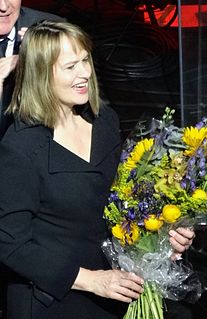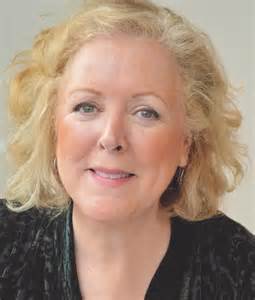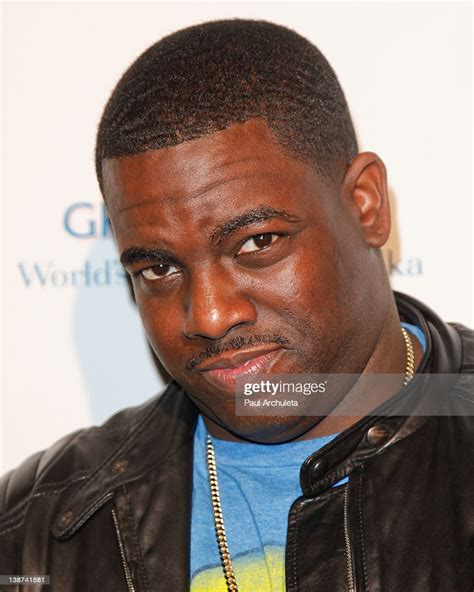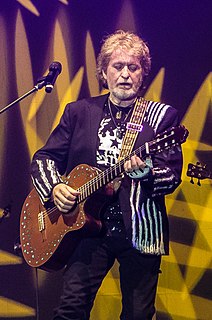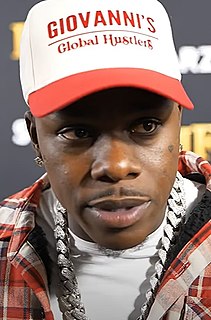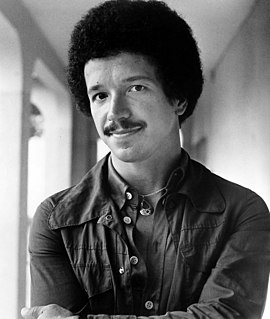A Quote by Anne Dudley
Usually one or two things happen: Either you have an idea straightaway - the sort of sound that you want or the instrumentation or one particular sound that you want to feature - or you don't.
Quote Topics
Related Quotes
When you get an idea, so many things come in that one moment. You could write the sound of that idea, or the sound of the room it's in. You could write the clothes the character is wearing, what they're saying, how they move, what they look like. Instead of making up, you're actually catching an idea, for a story, characters, place, and mood - all the stuff that comes. When you put a sound to something and it's wrong, it's so obvious. When it's right, the whole is greater than the sum of the parts. That's a magical thing that can happen in cinema.
I generally go into a movie with a very strong vision, with how I want to make the film, how I want to shoot the film, how I want to edit the movie, what I want the sound to sound like. So I have a very concrete idea even if I don't storyboard it, I know exactly what I want to do once I get into the sequence. Now having said that, I try not to let that slave me to the process. So if I do storyboard a sequence I don't necessarily stick to it if I discover more exciting things on set.
I'm very interested in vertical space.I want the players to listen to their sound in such a way that they hear the complete sound they make before they make another one. So that means that they hear the tail of the sound. Because of the reverberation, there's always more to the sound than just the sound.
Rather than thinking of sound and sense in my essays as two opposing principles, two perpendicular trajectories, as they are often considered in conversations around translation, or even as two disassociated phenomena that can be brought together to collaborate with more or less success, I think of sound as sense. Sound has its own meaning, and it's one of the many non-semantic dimensions of meaning in language. I want to emphasize is the formal dynamic between language-as-information and language-as-art-material.
I never want to go back and remix old records, either. If a record sounds shitty, that's just the sound it has. I just take it as part of the music. Some of my favorite bands - their old records sound terrible. But that's just part of the sound. If they were perfect, I'd probably hate them. Same thing with movies.
